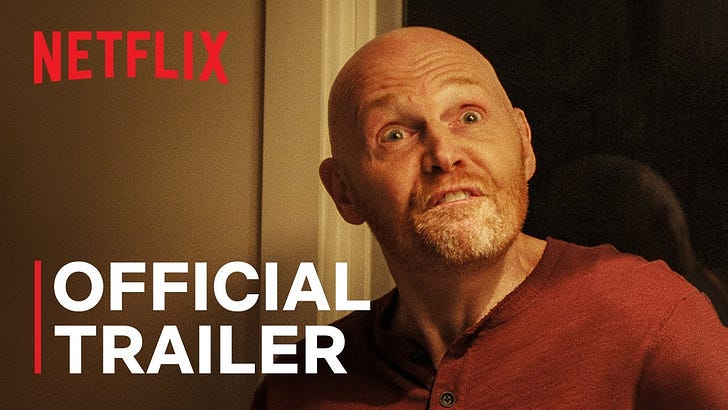Comedians to the Rescue: Bill Burr’s New Movie Helps Hollywood Find Its Spine
“Old Dads” is hated by reviewers, loved by audiences
Keep reading with a 7-day free trial
Subscribe to Shiny Herd to keep reading this post and get 7 days of free access to the full post archives.




